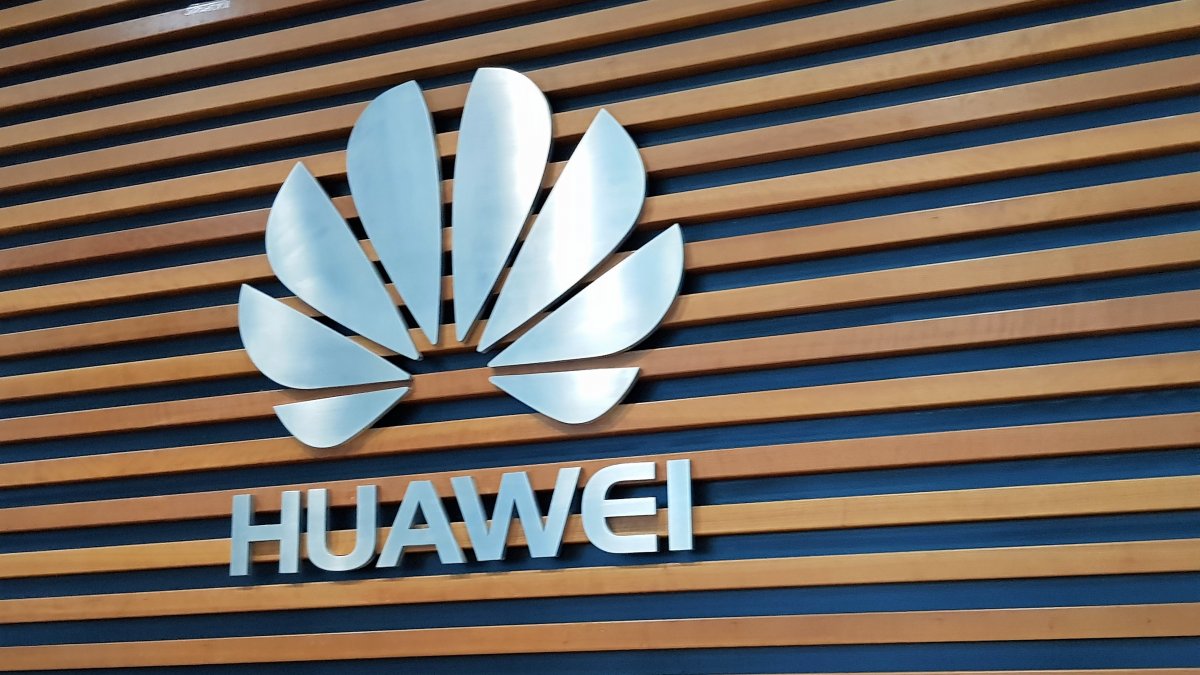
[ad_1]
US company Qualcomm may sell some of its 4G mobile processors to mobile phone maker Huawei. Qualcomm confirmed this to the Reuters news agency. A special license from the US government allows Qualcomm to do limited business with Huawei despite the trade embargo.
According to Reuters, however, this permission only applies to Qualcomm 4G chips. The new 5G chips, which are now mainly intended for high-end mobile phones, are apparently not part of the special license. It is also unclear which of its various 4G processors Qualcomm can now sell to Huawei. The license includes “some 4G products,” a Qualcomm spokesperson told Reuters.
Problems with the Huawei chip
The special license is required because the US government has imposed a trade embargo on Huawei. It bans US companies from working with the Chinese tech giant and is why Huawei phones can only use the free and open source version of the Android operating system.
Huawei’s problems don’t end there: as US technology and licensing is also part of the trade embargo, many hardware vendors outside the US have also had to stop deliveries to Huawei. Huawei’s Kirin chip production is also compromised because contract manufacturer TSMC can no longer take orders. The Kirin chips that had already been ordered were only delivered to Huawei until mid-September.
If you have trouble playing the video, please enable JavaScript
How Huawei smartphones work without Android. Excerpt from the Heise show.
Huawei currently relies primarily on the chip inventories the company has built up over the past few years. According to Reuters, however, this supply could be exhausted by early next year.
US companies benefit from this
Qualcomm has been trying to get a special license to work with Huawei for months. The company argued to the US government that companies from other countries could fill in the gaps if US companies were banned from supplying Huawei. The US company Intel also has a license to supply components to Huawei.
While many international companies have had to terminate their business with Huawei, US companies have been able to secure lucrative contracts with special permits. In addition to Qualcomm and Intel, US chipmaker Micron and Taiwanese company MediaTek have also applied for a special license.
For Huawei, the trade embargo, which the US government justifies with accusations of espionage against Huawei, has enormous effects. Although the smartphone business in China has still been excellent recently, sales in Europe and the US have dropped dramatically. If the components needed for production run out, business in China would also be at risk.
According to media reports, Huawei is therefore planning to sell its subsidiary Honor brand, under the seal of which cheap mobile phones are released for young target groups. According to Reuters, Huawei may focus on its high-end smartphones after the sale. A consortium led by distributor Digital China and the Shenzhen Special Economic Zone government are currently negotiating as potential buyers. The tech firm hopes for a total of 100 billion yuan.
(dahe)
.
[ad_2]
Source link